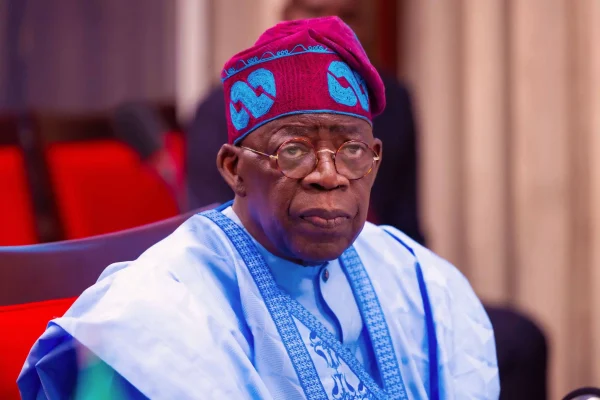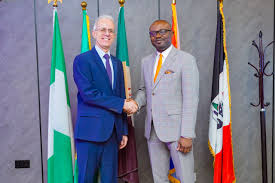Barely a month ago, news of African migrants who set sail on Greece’s water territory on inflatable life rafts and abandoned by Greek authorities was all over media spaces. New York Times first reported it, accusing the Greek coast guard of forceful expulsion of ‘illegal migrants’ at least 31 times since March. The accusations were also greeted with a strong rebuttal against the NYT from Greece Prime Minister Kyriakos Mitsotakis, who denied something like that ever happened.
Now, there are reports of arson attacks at Camp Moria, Greece, destroying properties and claiming lives. In an NYT article, the arson attacks left over 13,000 people living in the camp homeless.
The peaceful protesters, most of whom are from African countries and Afghanistan, held up signs pleading for help from Germany, a common destination for many refugees and migrants who arrive in Greece by boat from the nearby Turkish coast.
https://twitter.com/sarahas_san/status/1305058336417685504?s=20
Greece is no stranger to these accusations, with international organisations and human right activists accusing the nation of poor treatment of refugees and foreign nationals. And, Greece has been in the middle of Europe’s biggest migration crisis since 2015, when over 500,000 asylum seekers, got into Greece from Turkey.
The attention has built up and other European countries have offered to help. President Emmanuel Macron of France said the French government was working with Germany to jointly welcome some of the Moria migrants.
However, Greek officials blame the fires on camp residents, stating that the fire attacks were deliberately set by camp residents angered by isolation orders issued to prevent the spread of the coronavirus. The camp had been under lockdown due to last until mid-September.
"The fire in the #Moria refugee camp is…a wake-up call for an overdue response that would reflect Europe’s commitments to #humanrights, to international protection, to solidarity & to children’s rights." – Steffen Braasch, CEO of @sos_children #MoriaCamp #Greece pic.twitter.com/GBfZh0X65R
— SOS Children's Villages USA (@SOSChildrenUSA) September 13, 2020
The torching of Camp Moria and the events that surrounded it is just another example of the neglect refugees have faced for the longest part. And, since the camp began operating in 2013, it has been in the news for the wrong reasons.
Last September, an Afghan woman and her child were burnt alive inside their adjustable container after another fire broke out in the camp, in which 17 more people were injured including a minor and an infant.
In January, two men were murdered inside the camp, while another 31-year-old Iranian man was found dead.
I have been following with horror the fire on Moria camp on Lesvos that happened on Tuesday night and the complete lack of a proper emergency response by the Greek and EU authorities.#MoriaCamp https://t.co/CxYvowfT6J
— Rossella Guido (@RossellaGuido) September 13, 2020
Greece has always struggled with migrants and refugees. From steep measures to keep foreigners away, to leaving refugees at sea. Intensified efforts to establish an effective humanitarian and safe migration policy should be at the core of every nation’s plan.
What is the UN saying about this? In August, following the NYT report, the UN Committee against Torture ‘criticised’ the Greek government policy—linked to the EU-Turkey deal—of blocking asylum seekers who arrive on the Aegean islands from moving to the mainland.
It is apparent that the crisis in Greece is one for global concern. International organisations need not just make comments and condemn actions but to be at the centre and find a way to create balance for these clashing countries and the immigrants who seem to be at the receiving end of the clash.













